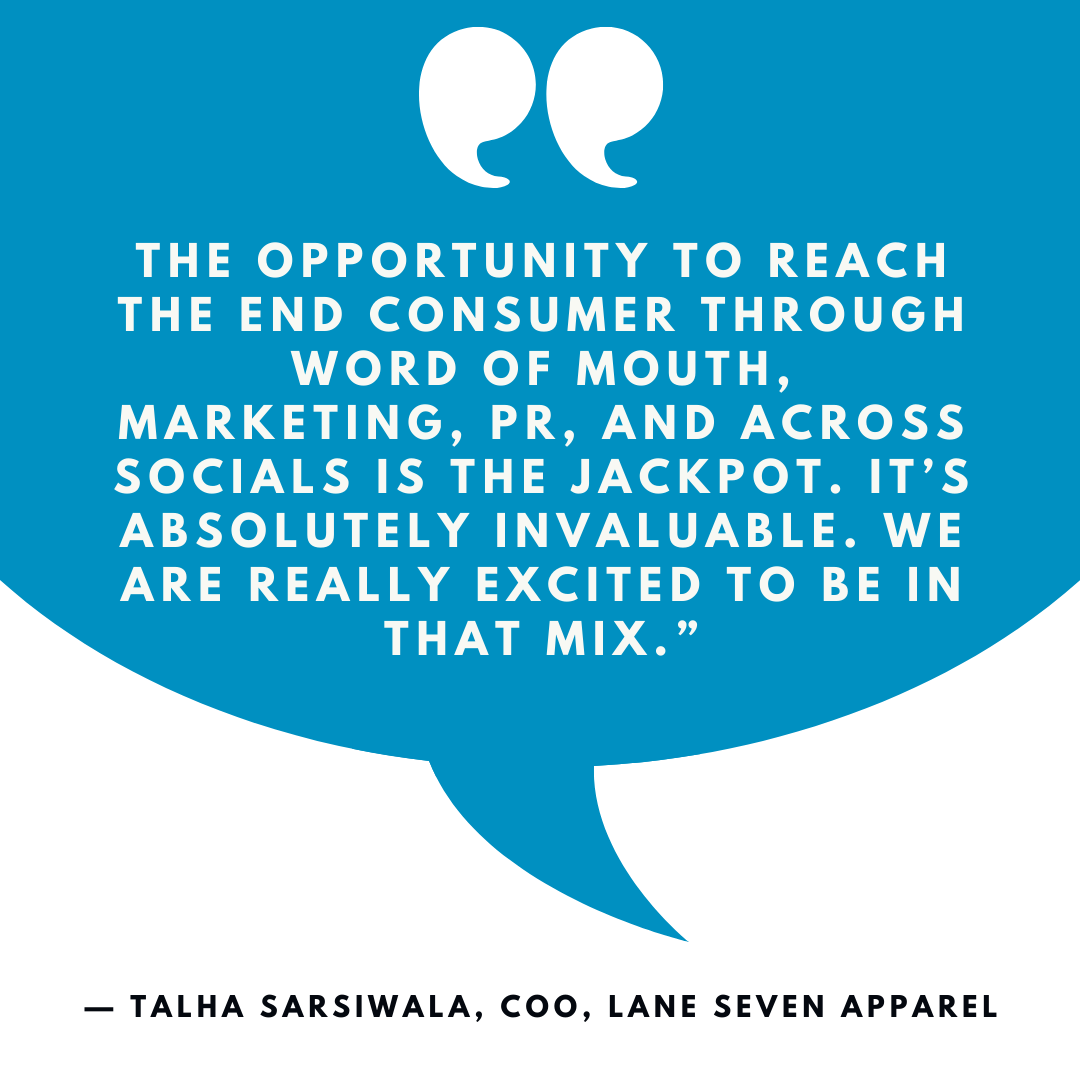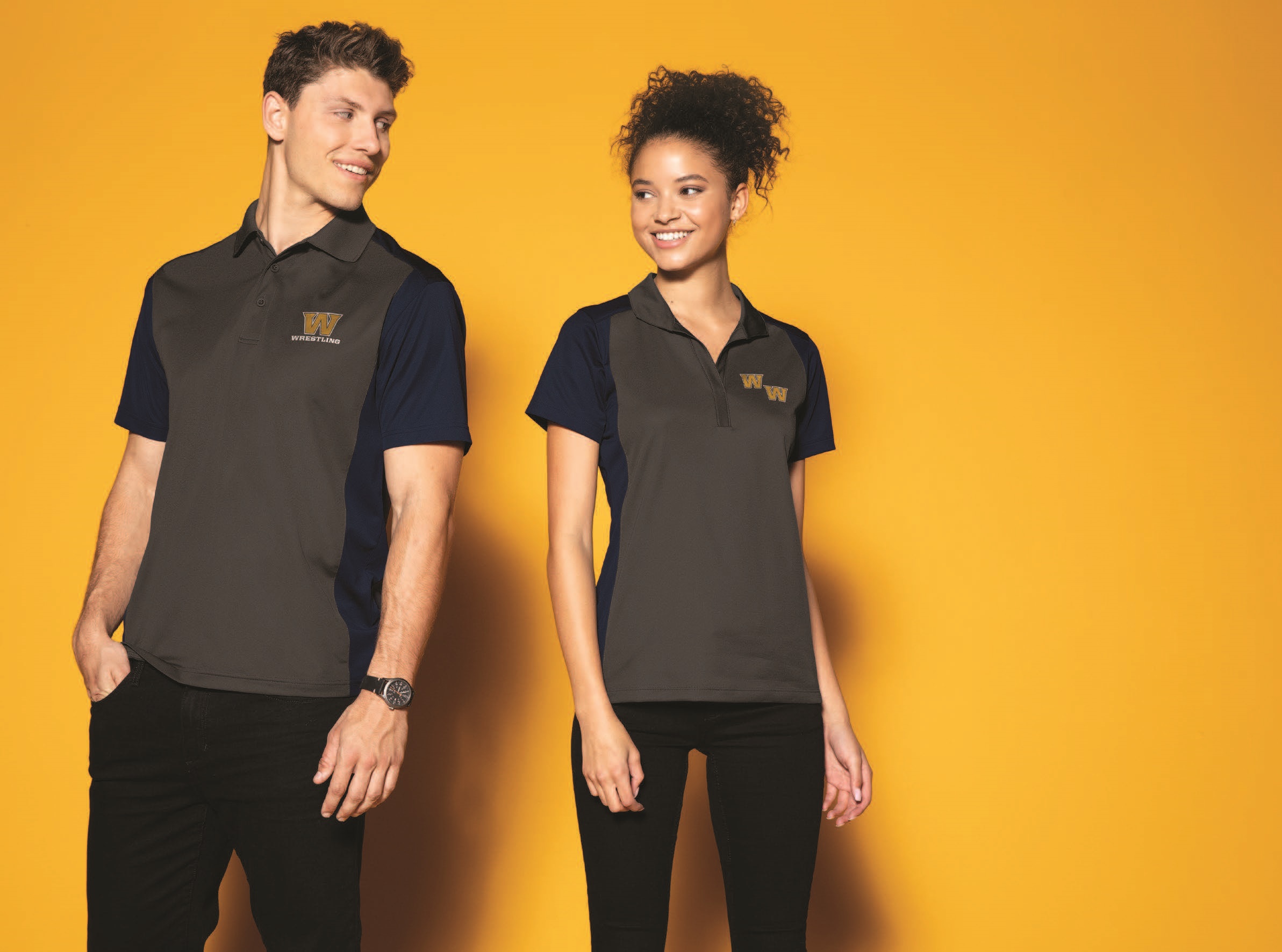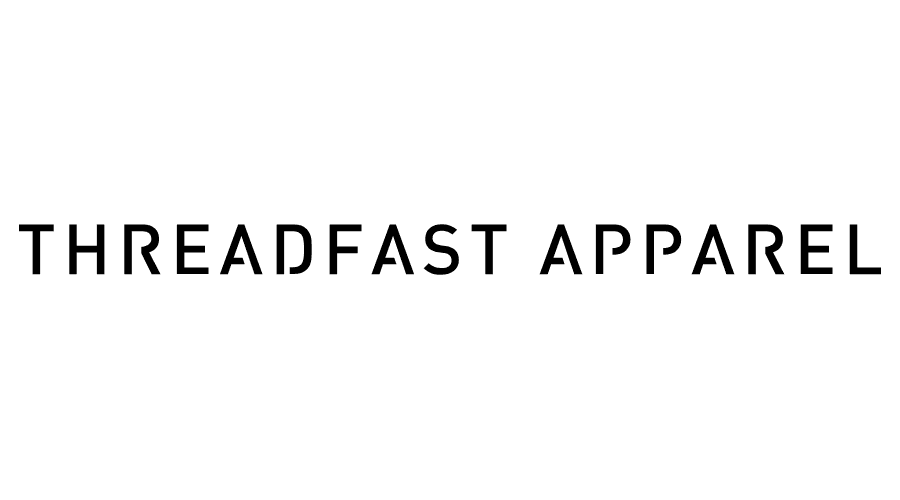This article originally ran in Apparelist. To read more, click here.
After nearly three decades in wholesale apparel manufacturing, Lane Seven Apparel announces its step into direct-to-consumer (DTC) with the launch of an e-commerce retail store.
While Lane Seven was previously only available via wholesale channels to customers with a business license, its retail line allows the brand to connect with the end consumer. Retail offerings include unisex styles in various fabrics like three-end fleece, its signature vintage, and 100% combed ringspun cotton. Pieces range in price from $18-$42.
 “Being in manufacturing for nearly 30 years, we knew perfecting retail-quality fleece had to be at the core of our business,” Nabeel Amin, CEO and founder of Lane Seven, says. “So now after challenging the status quo on what’s possible in the wholesale space when it comes to industry standards for high-quality fleece, we hope to keep innovating in the retail space.
“Being in manufacturing for nearly 30 years, we knew perfecting retail-quality fleece had to be at the core of our business,” Nabeel Amin, CEO and founder of Lane Seven, says. “So now after challenging the status quo on what’s possible in the wholesale space when it comes to industry standards for high-quality fleece, we hope to keep innovating in the retail space.
The decision to add a retail arm of its business came from requests received from commercial consumers who discovered them through branded apparel and wanted to buy the blanks for themselves. Lane Seven sees the expansion as a long-term growth strategy for the wholesale business, generating a new level of brand awareness that will funnel back into the wholesale side.
Reasons for Going Retail
“Having the direct line to our customers, without relying on a third party, is something we are really excited about,” COO Talha Sarsiwala tells Apparelist. “It will give us a ton of feedback from the end consumer, which will help us improve our current product offering and bring emerging trends to market much quicker. Plus, the markets are becoming more and more saturated, customers have so many options these days, so the more channels we can meet them on, the better.”
In the next five years, Sarsiwala hopes to have an international retail presence in department stores and retail chains, as well as local department stores like Nordstrom and Bloomingdale’s. The brand also plans to host pop-up shops via collaborations and partnerships, building brand awareness. “We have really cool things planned there,” he says. “And eventually maybe even our own stores.”
Asking what percentage of sales Lane Seven hopes to generate from retail, Sarsiwala shares that has yet to be established. “It’s not about sales … yet,” he adds. “Right now we are still getting a feel for the space, learning the ins and outs, and working on getting in a groove with our customers.”
Using Direct-to-Consumer to ‘Level Up’
While expanding into DTC can require a lot logistically, Sarsiwala says it was merely plug-and-play for Lane Seven. Because its retail offerings are exclusively available online at shop.lanesevenapparel.com and it already had that infrastructure built with wholesale, it was a smooth transition.
“All we needed to do was change how the orders were packaged,” he adds. “DTC orders do require faster shipping times, special packaging, so hiring extra people was the solution for us.”
Asking if he anticipates more wholesale apparel brands entering the DTC space, he says several brands have already been playing in retail, including some of Lane Seven’s “peers.” He argues that to “level up” a wholesale brand, retail presence matters.
“Look at what American Apparel achieved in that space,” he adds. “Think back to what names you remember from the early 2000s in the wholesale space; you remember American Apparel. Total game changers. The opportunity to reach the end consumer through word of mouth, marketing, PR, and across socials is the jackpot. It’s absolutely invaluable. We are really excited to be in that mix.”



